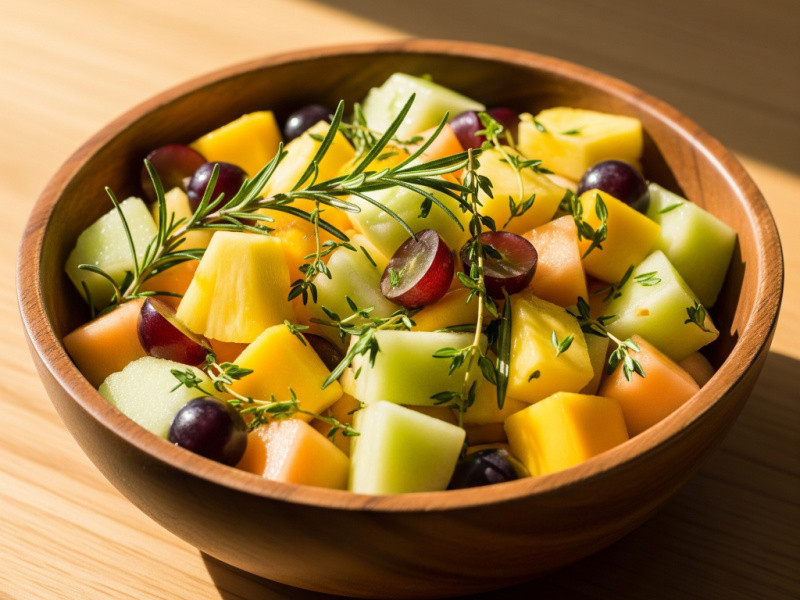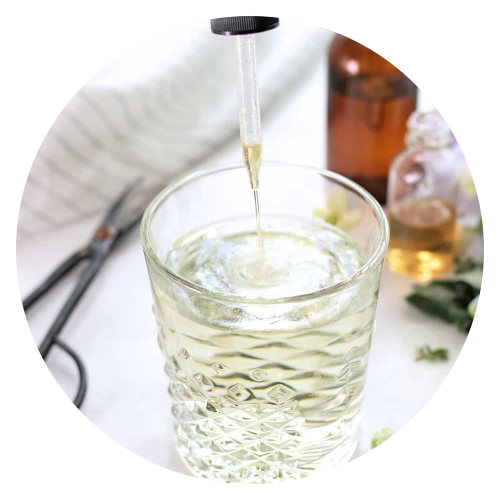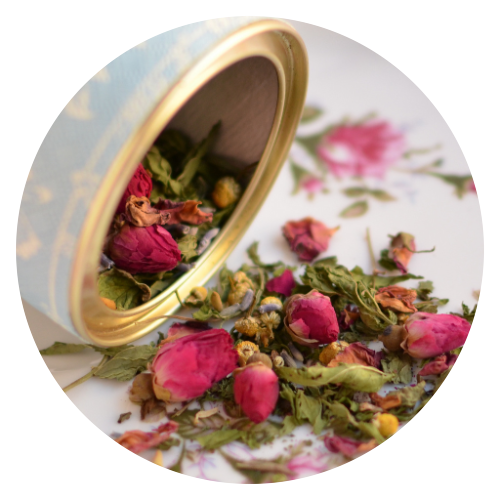If you are a regular here, you know how passionate I am about incorporating into my diet anti-inflammatory foods. While a healthy inflammatory response is something that protects us in times of trouble, too much inflammation wreaks havoc on the body. This simplified anti-inflammatory diet breaks it down making it easy to know what to eat and what to avoid to seriously decrease inflammation.
Inflammation is a natural process that protects our bodies and allows for healing. Normal, healthful inflammation occurs immediately after an injury. The area gets red and swollen and typically hurts for a few days. Inflammation is problematic when it lasts weeks, months, or even years. Inflammation that lasts is referred to as a chronic condition that sets you up for lifelong health problems, including insulin resistance, debilitating pain issues, arthritis, skin issues, obesity, and heart disease.
Lifestyle choices like whether or not you eat anti-inflammatory foods or if you eat food that cause inflammation can greatly effect chronic inflammation. Today, I would share with you my simplified anti-inflammatory diet, tackling the number one lifestyle factor in reducing inflammation. I believe what we eat is the biggest contributing factor to an overabundance of inflammation. The American diet is full of foods that promote inflammation, insulin resistance, pain, high blood pressure, weight gain, arthritis, among so many other things. Eating anti-inflammatory foods can do the opposite, significantly lowering inflammation, and giving the body a way to heal.
Simplified Anti-Inflammatory Diet Lifestyle
Tackling inflammation is a lifestyle choice and is not meant to be completely restrictive. I love to bake, so I have to indulge here and there. This is not an all or nothing venture! This is about all things in moderation. Enjoying our food by allowing ourselves to continue eating some of our favorite foods, and knowing our bodies enough to know when to reign it in a little.
Getting Ahead of the Game
Too much inflammation can be reversed, but is best avoided before there are signs of trouble. Even low levels of inflammation on a chronic basis can lead to disease. Do your best to keep inflammation in check by choosing a wide variety of anti-inflammatory foods.
Where to Start When You Are Already In Trouble
If you are reading this out of desperation because you are already in a bad way, inflammation being at the root of your problem, you want to pay close attention. The best approach is to get committed by following the simplified anti-inflammatory diet to the tee...for now. If you know my story, I have been where you are. If you are in dire need of relief, trust me, it will be worth it.
Sticking to the plan until you start to notice improvements, and then slowly start to slowly incorporate back in a restricted food that you have been missing. Carry on with moderation while still adding in anti-inflammatory foods. If you see symptoms starting to reappear, simply cut back on whatever inflammatory foods that you have been eating.
You will learn in no time at all how to read your bodies signals. For instance, if you are eating anti-inflammatory because of back pain and you start to notice some mild discomfort returning, today is not your day to eat bread with lunch and pasta for dinner.
Foods That Cause Inflammation
First, let's talk about foods that cause inflammation. Avoiding these can be a real game changer, but if you are like me, eating foods that fight inflammation will become the priority when in the maintenance phase.
- Sugary foods and sugary beverage - American Journal of Clinical Nutrition warns that processed sugars trigger the release of inflammatory messengers called cytokines. Most people are aware of sugar content in sweets like deserts and candies, but sugar is in a lot of foods that you might not suspect. Sugar goes by many names so look out for any word ending in “ose,” e.g. fructose or sucrose on ingredient labels.
- Refined foods - Breads, rolls, pasta, crackers, white rice, white potatoes, and many cereals are refined carbohydrates.
- Trans fats - Harvard School of Public Health researchers helped sound the alarm about trans fat in the early 1990s. Known to trigger systemic inflammation, trans fat can be found in fast foods and other fried products, processed snack foods, frozen breakfast products, cookies, donuts, crackers and most stick margarines. Avoid foods with partially hydrogenated oils in the ingredient labels.
- Saturated fats - Several studies have shown that saturated fats trigger fat tissue inflammation, which is not only an indicator for heart disease but it also worsens arthritis inflammation. Pizza and cheese are the biggest sources of saturated fats in the average American diet, according to the National Cancer Institute.
- Omega 6 fats - The body needs a healthy balance of omega-6 and omega-3 fatty acids. Consumption of too much omega-6 can contribute to an overabundance of inflammation. These fatty acids are found in oils such as corn, safflower, sunflower, grapeseed, soy, peanut, vegetable; mayonnaise, and many salad dressings.
- MSG - Mono-sodium glutamate (MSG) is a flavor-enhancing food additive most commonly known to be in prepared Asian food and soy sauce, but it can also be added to fast foods, prepared soups and soup mixes, salad dressings and deli meats. This chemical can trigger two important pathways of chronic inflammation, and affect liver health.
- Aspartame - Aspartame is an artificial sweetener found in thousands of products worldwide. While it’s approved by the FDA, studies on its effects are mixed, and the impact on people with autoimmune disease are unknown. If you are sensitive to this chemical, your immune system may react to the “foreign substance” by attacking the chemical, which in return, will trigger an inflammatory response.
Foods That Fight Inflammation
There are a number of foods that help fight inflammation, and here are just some of my favorites.
- Colorful fruits - Pineapple, strawberries, blueberries, oranges, and cherries.
- Leafy green vegetables - Kale, collards, spinach, and more.
- Turmeric / Curcumin - a powerful anti-inflammatory compound - If taking prescription blood thinners talk to your healthcare practitioner first.
- Raw nuts and seeds / nut and seed butters -There is an exception here for serious gut inflammation. In cases of serious inflammation of the gut, nut butters are fine, but avoid nuts and seeds that can irritate the digestive system.
- Herbs and spices
- Monounsaturated fats like olives and avocados - When cooking choose avocado or olive oil.
- Whole grains - Oatmeal, brown rice, whole wheat bread (check that there is not too much added sugar, and no fructose corn syrup.
- Foods rich in omega-3 - Fatty fish like salmon, mackerel, tuna, anchovies, and sardines contain fatty acids that your body metabolizes into compounds called resolvins and protectins, which have anti-inflammatory effects
- Meat - choose pasture raised poultry and eggs from pasture raised poultry, grass-fed, and finished beef. Beef that have been raised on grains feed inflammation into your body, so be choosy here, especially when starting out.
- Green tea
- Peppers -Most of the anti-inflammatory property is in the skin, so choose smaller tomatoes for the most benefit. - Exception: avoid with rheumatoid arthritis, which is not the same as the more common osteoarthritis. Rheumatoid arthritis is an autoimmune disease where some of those folks have been advised to avoid nightshades, which includes tomatoes.
- Mushrooms
- Dark chocolate and cocoa. We are taking real dark chocolate here, at least 60% cocoa.
- Tomatoes - Another nightshade, see the precaution under peppers.
- My favorite anti-inflammatory helps from my shop.
I wish you all the best on your journey of incorporating an anti-inflammatory diet into your daily life. I can personally testify that it is worth the adjustments, and I have worked with countless people who have said the same. I you are interested in a more personalized approach to getting your inflammation under control, I would love to work with you.



